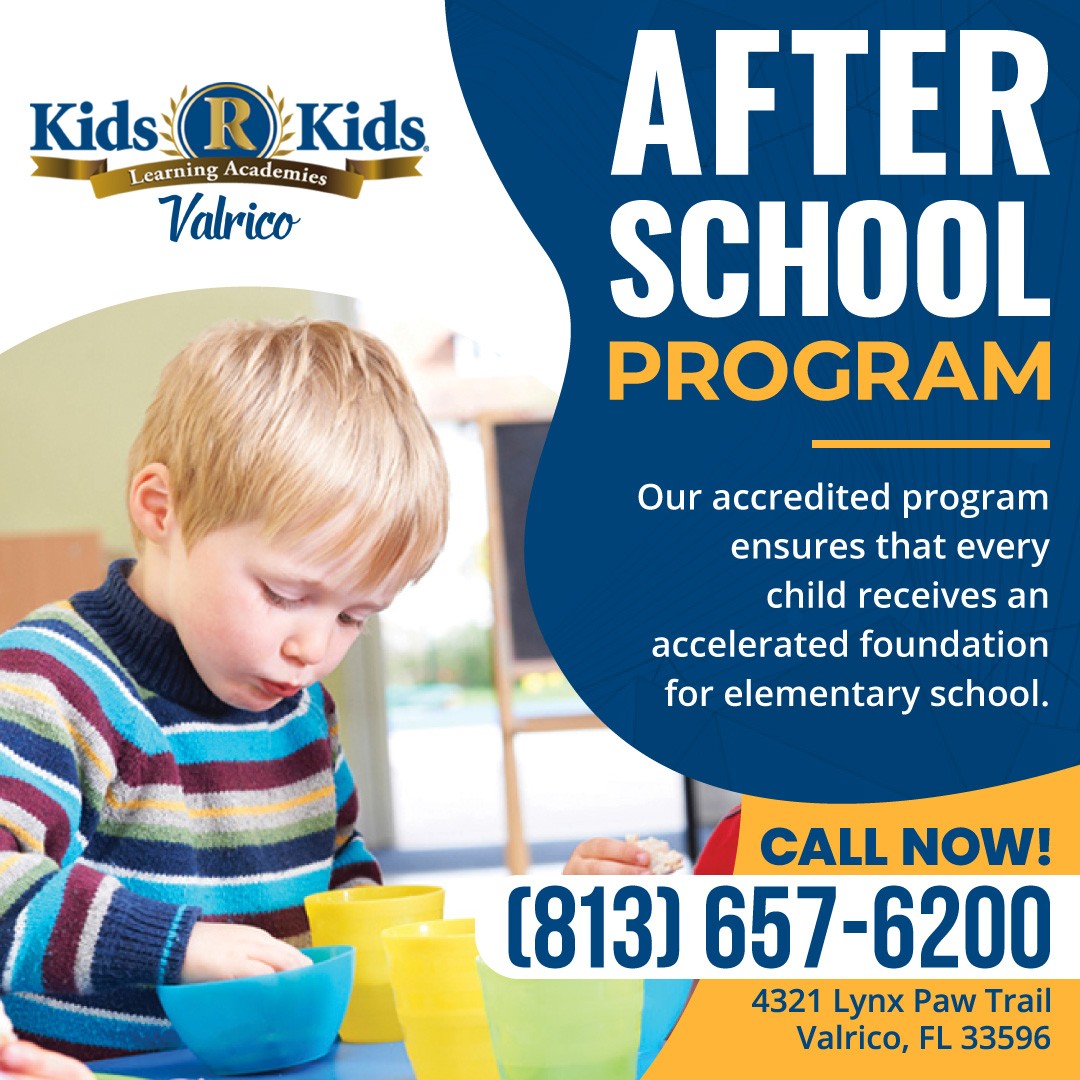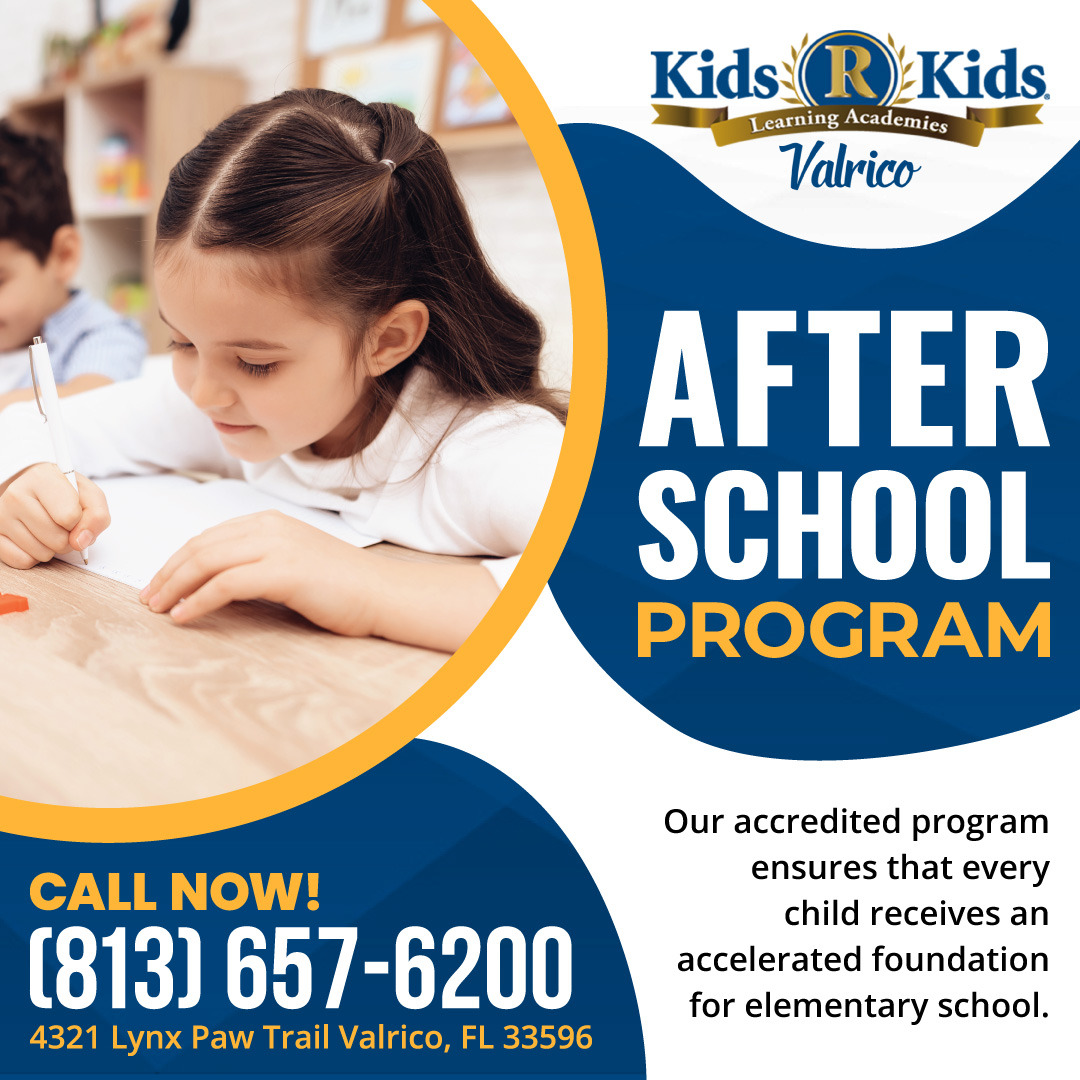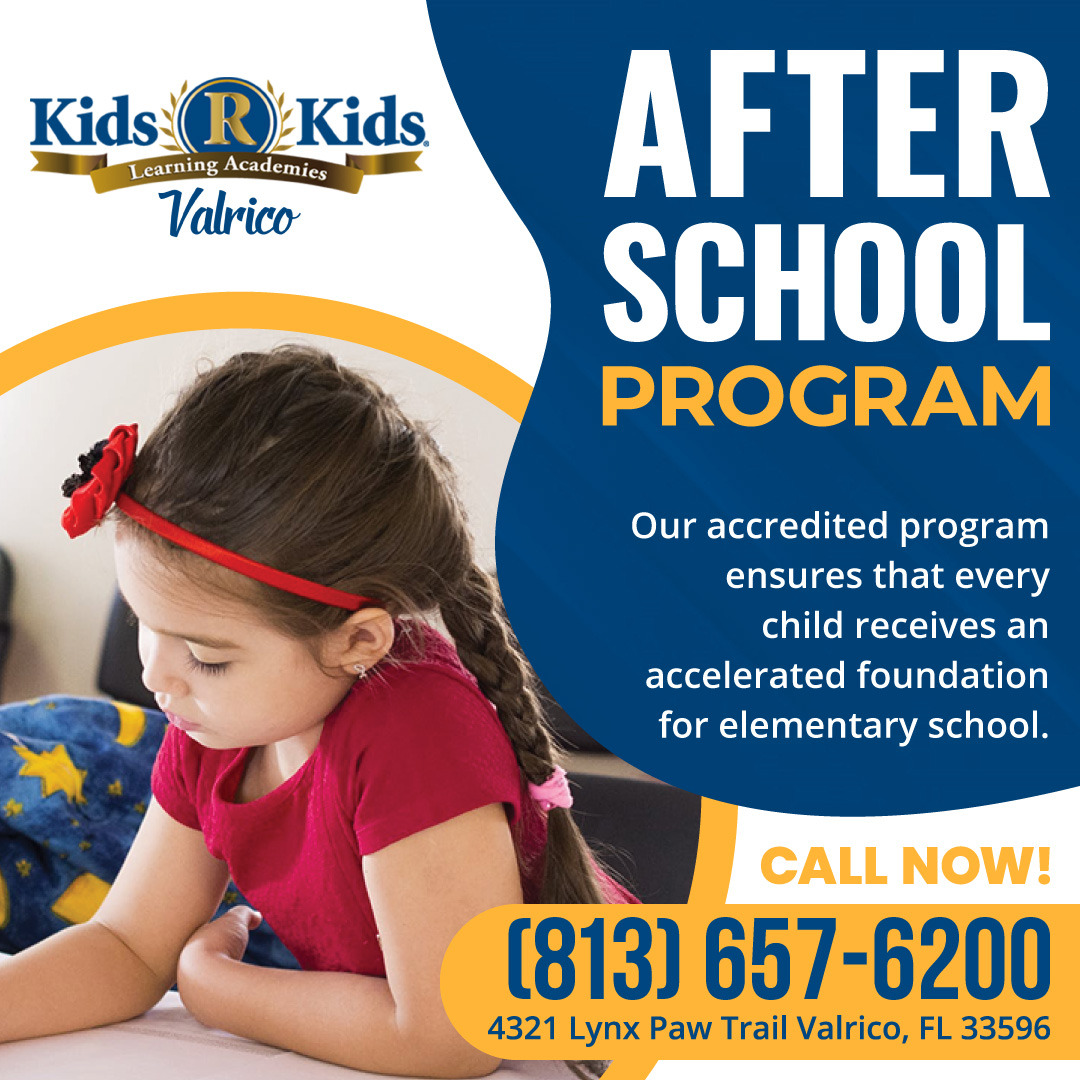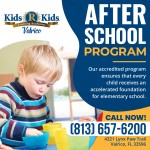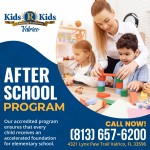After school programs offer a variety of benefits for children and parents alike. Working parents leverage extracurricular programs to allow a little more time to travel from the office to the school and flexibility with traffic peaks. The arrangement might also be a convenient alternative for responsible childcare options on longer days with looming deadlines.
For the children, these interactive programs offer a wide range of opportunities for growth and development as academic students and as impressionable young people.
Four Tips for Effective After School Programs for Pre-K Age Children
Pre-K schools and daycare programs offer a plethora of activities after the school day finishes. These care programs provide attendees with an established time for homework and playtime in a safe learning environment. VPK programs also allow children to participate in Pre-K activities that prepare them to take the next step toward kindergarten.
When paired with educational games or constructive activities, Pre-K lessons foster discovery and a sense of wonder. A Pre-K lesson plan should be both effective and enjoyable, and after-school programs particularly aim to achieve this balance with their Pre-K participants. The best approach is through fairness, participation, connection, and organization.
1. Fairness First
In after-school programs for any age group, it is important to practice fairness toward every student. There will be occasions where an educator will need to make exceptions, but clear explanations will help establish trust between the children and the educators within the program. Even the slightest hint of bias is unpalatable for the children attending, and it quickly leads to problems for the educator in maintaining control and connection.
Educators should be aware of distributing resources and individual attention equitably at every opportunity.
2. Encourage Participation
A primary benefit of after-school programs is that they help children develop stronger social skills with their peers. Shy children will often actively participate in activities, and the educator can encourage this behavior by emphasizing a particular lesson rather than a win-lose environment.
Educators should let the children ask questions about the rules and discuss the expectations of the program’s leaders from the beginning of the year. It is also important to limit access to distractions during instruction.
3. Communication Matters
Effective communication is a vital part of social development in a child. Teachers should be aware of their communication style and use simple language. When students communicate feelings through positive behaviors, it is right to reward them as a form of encouragement.
A positive attitude is an excellent antidote to deviant behavior. Calm and reasonable responses from an educator demonstrate the behavior the children should display. Adults leading the program can also participate in certain activities or Pre-K games to foster a sense of fun that encourages open communication in a safe environment.
4. More Organization, Less Stress
An orderly space is beneficial for everyone. Educators should:
- Divide the area into workstations and keep everything consolidated
- Arrange materials beforehand to avoid unnecessary downtime to regroup after each activity
Teaching the students to clean and organize the area after activities also helps foster a sense of ownership for the after-school learning program.
Daycares Near Me in Valrico, FL After School Programs
A fun and safe learning environment are of utmost importance in Pre-K after-school programs. It should teach valuable skills, like Pre-K sight words, and provide a safe environment for children to learn and grow.
The Kids ‘R’ Kids program provides after-school programs in Valrico, Florida, from Pre-K to 5th Grade. Contact the Kids ‘R’ Kids staff today to learn more about the enrollment process or make an appointment to visit their facility at 4321 Lynx Paw Trail, Valrico, FL 33596.
